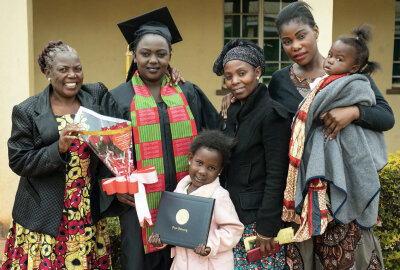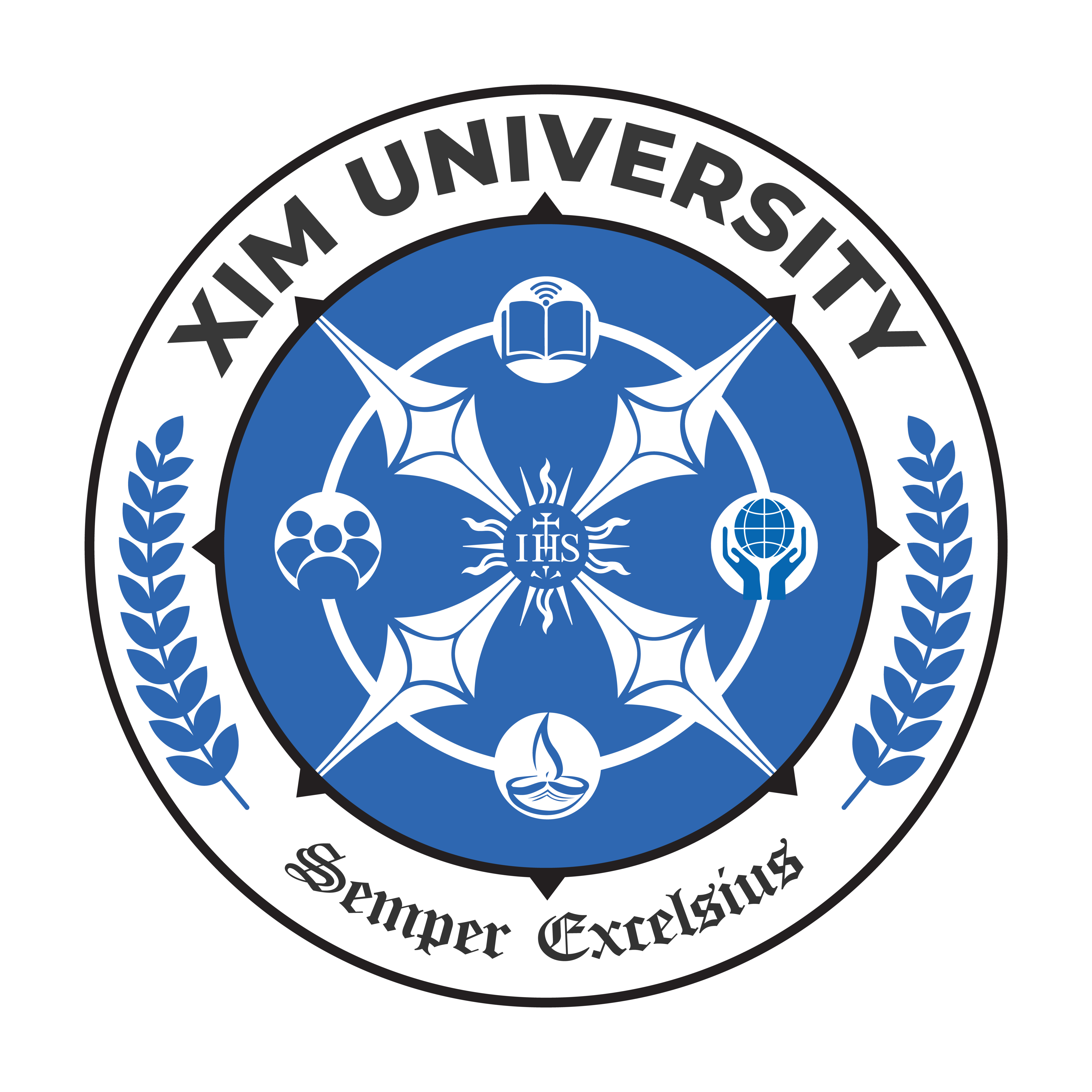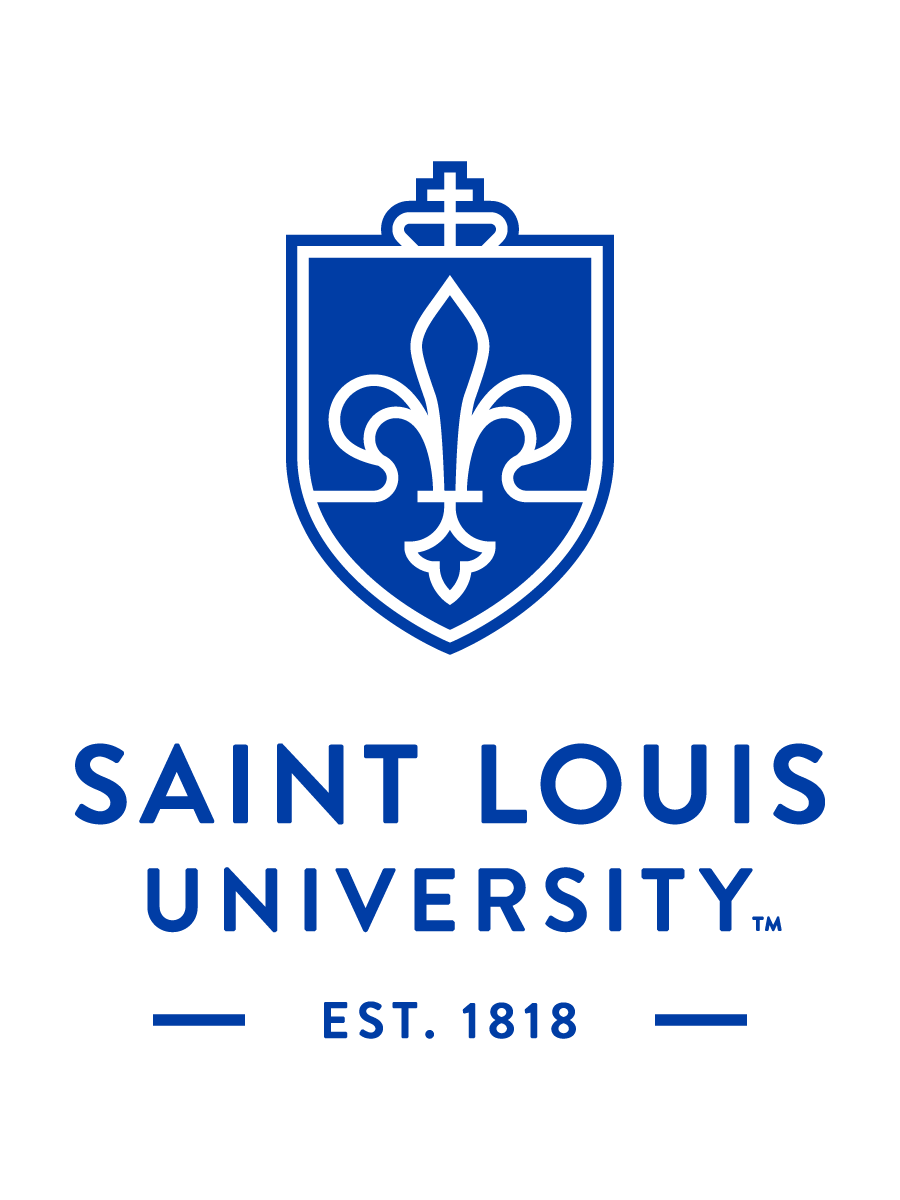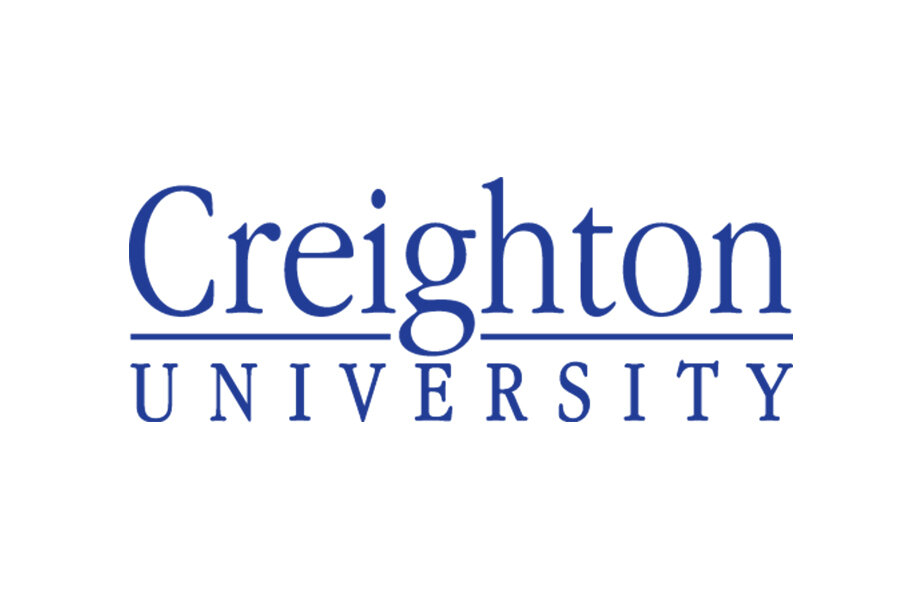Certificate and Bachelor's Programmes

JWL academic programmes are at least one year/12 months long, yielding either a certificate or a degree.
BA Sustainable Development
Environmental and social crises are affecting populations across the globe on a massive scale, particularly in fragile, conflict and post-conflict regions. Environmental sustainability is key to the future of humanity and all have a role to play in turning the tide.
Course outcomes & delivery
The Bachelor of Arts in Sustainable Development, accredited by XIM University (India), consists of 129.75 credits, 30 courses, two internships, and a final project.
The programme enables learners to:
- Develop a deeper understanding of the development landscape at local, regional and global levels.
- Acquire analytical and managerial skills to plan, implement, monitor and evaluate sustainable development programmes.
- Set up business and social enterprises leading to sustainable development.
- Act as stewards for protecting our common home.
- Become leaders of peace and voices to foster hope for creating a more just and humane world.
The programme is a global one, with courses offered by two academic partners in addition to XIM University: Newman Institute (Sweden) and Hekima University College, Kenya. XIM University will award the BA in Sustainable Development degree to students who successfully complete all the courses in the programme.
The Certificate in Liberal Studies is a prerequisite for the BA in Sustainable Development.

Timeframe
BA in General Studies
Through the BA in General Studies with a concentration in Computer Information Systems, participants gain knowledge in leadership and computer technology which are highly sought-after across multiple professional fields.
Course outcomes & delivery
This Bachelor’s programme, accredited by Saint Louis University, consists of 120 credits and includes a concentration in Computer Information Systems. Eligible graduates of the Certificate in Liberal Studies or Pre-STEM programme transfer 30 credits and obtain the remaining 90 credits over a period of three years.
The programme enables learners to:
- Identify the political and non-political processes that make a difference in the civic life of our communities.
- Analyse ideas, data and events to reach informed conclusions.
- Explain how ethical perspectives apply in various social contexts, as well as integrate ideas and experiences across disciplines.
- Analyse a problem and identify and define the computing requirements appropriate to its solution.
- Communicate effectively with a range of audiences about technical information.

Timeframe
Certificate in Liberal Studies
The Certificate in Liberal Studies, accredited by XIM University (India), is considered a foundational programme and a prerequisite for admission to the BA in Sustainable in Development. Liberal studies provide an excellent foundation for the challenges and opportunities that students will encounter in their personal and professional lives. Students learn to study within and across disciplines and to view the world and issues from different perspectives.
Through liberal studies, students develop the following skills:
- Complex problem solving
- Critical thinking
- Ethical thinking
- Written and oral communication
- Empathy
- Collaboration
The Certificate in Liberal Studies programme includes the following courses (11 courses/30 credits):
- Bridge to Learning (0 credits)
- Academic Writing
- Interpersonal Communication
- Dynamic Algebra
- Introduction to Physical Science
- Ethics and the Human Person
- Religions and Relations
- Introduction to Political Thought
- Introduction to Sociology
- Human Rights and Women's Rights
- Introduction to Business
The definition of a credit hour is based on time spent in mentored learning activities that are directed toward student learning outcomes. All courses have designated learning outcomes. Three-credit hour courses require a minimum of 30 hours of mentored learning activities during an 8-week session.
Each course requires learners to complete individual studying, reading, and writing in addition to mentored learning activities, but these activities are not counted toward credit hours. For each course, a student is evaluated and graded by an academic professor to ensure our academic standard are upheld.

Timeframe
Pre-STEM Certificate
Creighton University (USA) is the school of record for JWL’s Pre-STEM Certificate. Students who complete this 30 credits course of study may then transfer them to Saint Louis University’s (USA) online Bachelor’s Degree in General Studies. The Pre-STEM Certificate combines liberal studies courses with an emphasis on math and science. These courses provide an excellent foundation for the challenges and opportunities that students will encounter in their personal and professional lives. Students learn to study within and across disciplines and to view the world and issues from different perspectives.
Through the study of courses in the Pre-STEM Certificate, students develop the following skills:
- Complex problem solving
- Critical thinking
- Ethical thinking
- Written and oral communication
- Empathy
- Collaboration
The Pre-STEM certificate programme includes the following courses (11 courses/30 credits):
- Bridge to Learning (0 credits)
- Academic Writing
- Interpersonal Communication
- Dynamic Algebra
- Introduction to Physical Science
- Ethics and the Human Person
- Religions and Relations
- Introduction to Political Thought
- Data Structures & Algorithms
- Introduction to Astronomy
- Introduction to Statistics
The definition of a credit hour is based on time spent in mentored learning activities that are directed toward student learning outcomes. All courses have designated learning outcomes. Three-credit hour courses require a minimum of 30 hours of mentored learning activities during an 8-weeks session.
Each course requires learners to complete individual studying, reading, and writing in addition to mentored learning activities, but these activities are not counted toward credit hours. For each course, a student is evaluated and graded by an academic professor to ensure our academic standards are upheld.
